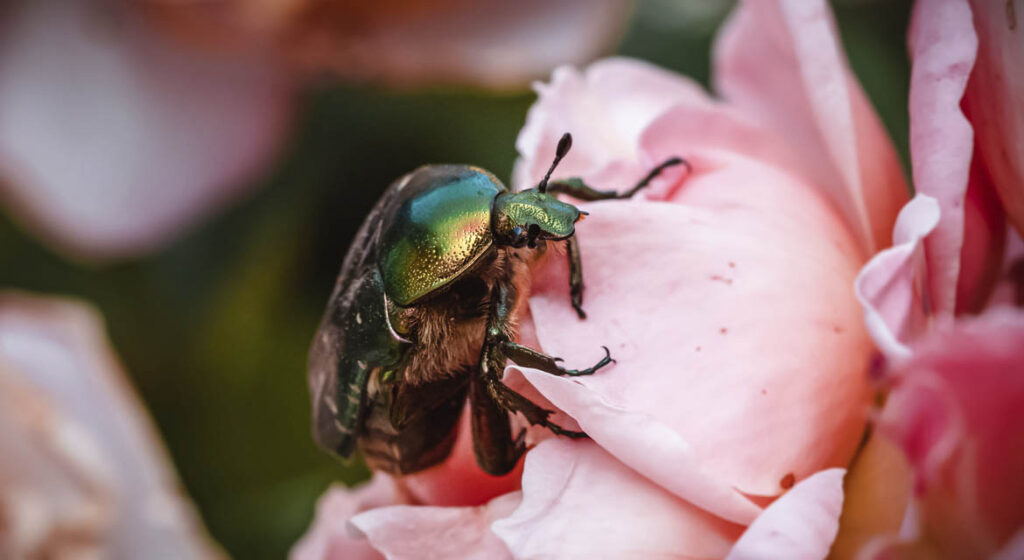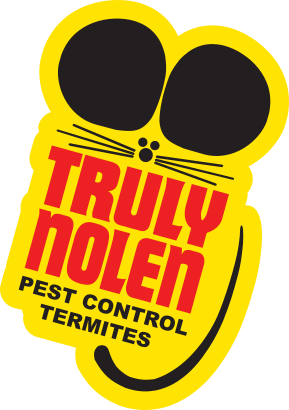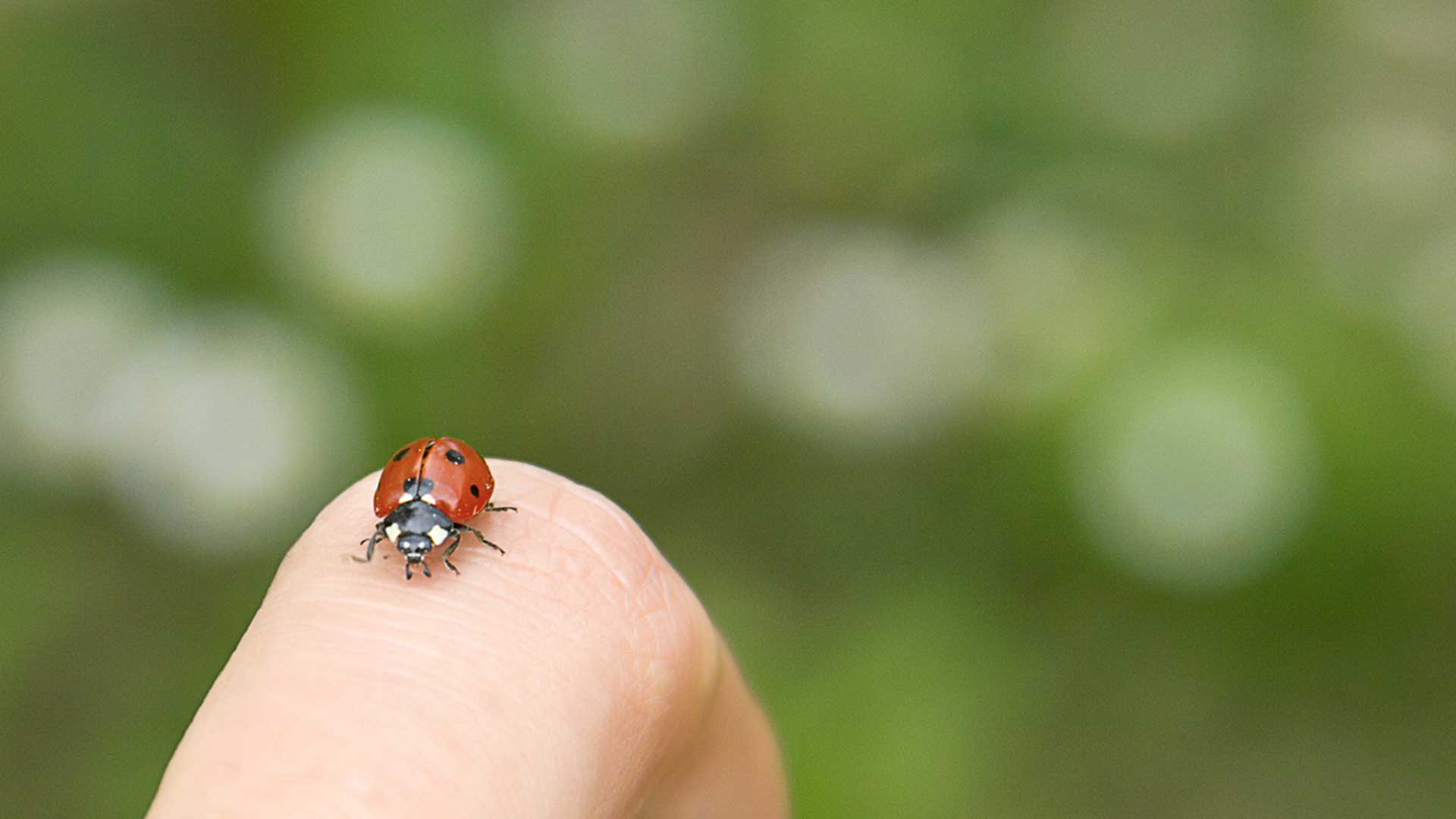
Are Beetles Harmful to Humans or Pets?
While some beetle species can be harmful to humans and pets through biting, stinging, or releasing irritants, the majority of beetles are harmless and pose no significant threat. It is important to be aware of potential allergic reactions, skin irritations, and the ingestion of toxic beetles or larvae to ensure the safety of humans and pets. Here are three key points:
- Beetle species vary in behavior, with some capable of harming humans and pets through biting, stinging, or releasing irritants.
- Certain individuals may experience allergic reactions or skin irritations when in contact with specific beetle species.
- Ingesting certain beetles or their larvae can be toxic to humans and pets, leading to gastrointestinal discomfort, poisoning, or other health issues.
Are Beetles Harmful to Humans?
If you’ve ever had a beetle infestation in your home or yard, you may have wondered, are beetles dangerous? With so many different beetle species worldwide, it can be hard to determine what type of beetle you have to assess how much risk they carry. While most beetles are harmless to humans, there are a few beetle species to be aware of.
1. Carpet Beetle Larvae
Carpet beetle larvae, commonly found in homes and other indoor environments, have the potential to cause harm to humans. Although adult carpet beetles are generally harmless and feed on nectar and pollen, it’s their larvae that can be problematic. These small, hairy larvae possess bristles that can cause skin irritation, leading to redness, itching, and sometimes even allergic reactions in sensitive individuals.
Moreover, the larvae are known to feed on various organic materials found in homes, including carpets, upholstery, clothing, and even stored food items. Their voracious appetite can result in damage to fabrics, causing frustration and financial losses. While carpet beetle larvae are not directly dangerous to human health, their presence can become a nuisance and lead to allergic symptoms or material destruction if left unchecked.
2. Asian Lady Beetles
Another beetle species that can be problematic for humans is the Asian lady beetle. These beetles are often mistaken for traditional ladybugs, but they have a slightly different appearance and behavior.
When threatened, Asian lady beetles release a foul-smelling, yellowish substance from their legs that can cause skin irritation, swelling, and even allergic reactions in some people. Additionally, these beetles may also bite humans in self-defense, though their bites are generally not serious.
3. Blister Beetles
Blister beetles have the potential to cause harm to humans due to the toxic compound the produce, cantharidin. Cantharidin is a blistering agent that can cause skin irritation and blistering upon contact. If a blister beetle is accidentally crushed or comes into contact with the skin, it can release cantharidin, leading to painful blisters, redness, and inflammation.
Ingesting cantharidin can be even more dangerous, as it is highly toxic and can cause severe gastrointestinal symptoms like abdominal pain, nausea, vomiting, and diarrhea. Ingestion of large amounts of cantharidin can have systemic effects and may require medical attention.

Truly Nolen GUARANTEE
If you’re not completely satisfied, you’ll get a full refund on your most recent service with our 100% money back guarantee.

$50 Off Year Round Pest Control
Truly Nolen is a family-owned company with 85 years of experience providing the best pest control. If you’re not completely satisfied, you’ll get a full refund on your most recent service with our 100% money back guarantee.
4. Rove Beetles
Rove beetles generally do not pose a significant threat to humans. However, it is important to exercise caution when handling them or when they come into contact with the skin. Rove beetles have powerful mandibles and can deliver a pinch if they feel threatened or cornered. While the pinch may be uncomfortable, it is typically not dangerous or cause serious harm.
Some species of rove beetles can emit a defensive secretion containing pederin, a potent irritant that can cause skin blistering and dermatitis upon contact. However, encounters with pederin-producing rove beetles are relatively rare, and most species do not possess this defense mechanism.
If you do notice signs of a beetle infestation in your home or garden, it’s a good idea to contact a Truly Nolen pest control professional. They can help you identify the species of beetle and develop a treatment plan to safely and effectively eliminate the infestation. With a little bit of effort and vigilance, you can keep your home and family safe from any dangerous beetles.
Are Beetles Harmful to Pets?
Carpet beetles are a particularly common culprit when it comes to pet health concerns. If a carpet beetle infestation is left unchecked, the larvae can quickly spread to other areas of the home and even into pet bedding. When pets ingest infested food or come into contact with infested bedding, they may experience vomiting, diarrhea, and other digestive issues.
Cigarette beetles are another species that can be harmful to pets. Like carpet beetles, their larvae infest pet food and can cause digestive problems for our furry friends. In severe cases, pets may require veterinary care to recover from the effects of ingesting infested food.
Some ground and flea beetle species can also be bothersome to pets. For example, the ground beetle’s defense mechanism is to secrete a foul-tasting liquid that can irritate a pet’s mouth and eyes if they come into contact with it. Flea beetles, on the other hand, can irritate a pet’s skin and cause itching and discomfort.
If you suspect that your pet may have ingested infested food or come into contact with a harmful beetle species, it’s important to seek veterinary care right away. Your vet can help diagnose and treat any health issues before they become more severe. With proper care and attention, you can protect your pets from the potential harm caused by beetles.
Preventative Measures To Take Against Beetles in Your Home or Garden
If you’re a homeowner or gardener, chances are you’ve dealt with beetle infestations at one point or another. From carpet beetles to Japanese beetles, these pests can cause damage to both your indoor and outdoor spaces. Here are some preventative measures you can take to keep beetles at bay:
1. Remove Debris From Your Home
Keep your home clean and free of dead insects and other organic matter. Beetles are attracted to decaying material, so it’s important to regularly vacuum, sweep, and clean any areas where dead insects or other organic debris may accumulate.
2. Store Animal Products in Sealed Containers
Many beetle species, including carpet beetles, are attracted to animal products like pet food and birdseed. Make sure to store these items in airtight containers to prevent beetles from detecting and accessing them. And don’t forget to store your food properly too, as some beetles feast on common grains and pantry items.
3. Reduce Beetle Entry Points
Inspect and seal any cracks or gaps in your home’s foundation or walls. Beetles can enter your home through even the tiniest of openings. Regularly inspecting your home’s exterior for cracks or gaps and sealing them with caulking or weatherstripping can help prevent beetles from entering in the first place.
4. Try Sticky Traps
If you notice beetle activity in your home or garden, using sticky traps and other pest control methods can help eliminate adult beetles. However, it’s important to use caution when using these methods, as some traps can also attract beneficial insects and pollinators.
5. Keep Your Garden Healthy and Well-Maintained
Healthy plants are less susceptible to beetle infestations. Make sure to water and fertilize your plants regularly and remove any diseased or damaged foliage promptly.
By taking these preventative measures, you can help reduce the likelihood of a beetle infestation in your home or garden. And if you do encounter an infestation, don’t hesitate to reach out to a pest control professional for assistance in identifying and eliminating the source of the problem.

$50 Off Year Round Pest Control
Truly Nolen is a family-owned company with 85 years of experience providing the best pest control. If you’re not completely satisfied, you’ll get a full refund on your most recent service with our 100% money back guarantee.
Organic and Pet-Friendly Options for Beetle Treatments
There are pet-friendly options for treating beetle infestations that can effectively eliminate the problem without putting your pets or the environment at risk.
Diatomaceous Earth
One pet-friendly treatment option is diatomaceous earth. This natural substance is made from ground-up fossilized diatoms and works by dehydrating and killing insects on contact. Diatomaceous earth is safe for pets to be around as long as it is food-grade and not the type used for pool filtration. It can be applied to areas where beetles are present, such as carpets and upholstered furniture, and left to sit for a few hours before vacuuming up.
Introduce Natural Predators
One of the most effective organic options for controlling beetles is using beneficial insects. Ladybugs are a common natural predator of many beetle species and can be attracted to your garden by planting nectar-rich flowers like marigolds and sunflowers. Another option is using nematodes, which are microscopic worms that can be added to soil to target and kill the larvae of many beetle species, including Japanese beetles and carpet beetles.
Plant-Based Insecticides
Another organic beetle control method is using plant-based insecticides. Many essential oils, such as peppermint, eucalyptus, and rosemary, have insecticidal properties and can be used to create a natural insecticide spray. Simply mix a few drops of your chosen essential oil with some water and spray it onto the affected areas. You can also create a garlic spray by blending garlic and water and straining it, then spraying the resulting mixture on plants and vegetables to deter beetles.
Professional Pest Control
If you prefer a more hands-off approach, consider hiring a pest control professional who uses pet-friendly products. Many pest control companies offer eco-friendly and pet-safe treatments that can effectively eliminate beetle infestations without harming your pets. These treatments typically use plant-based ingredients and are formulated to break down quickly in the environment.
Professional Treatments for Beetle Infestations
A Truly Nolen pest control professional can help identify the type of beetle species that are infesting your home and determine the best course of action for eliminating them. Professional treatments may include insecticide sprays, dusting, or fumigation. Insecticide sprays are commonly used to target adult beetles, while dusting or fumigation can help eliminate larvae and eggs.
Remember that professional treatments for beetle infestations can not only help protect your home and belongings but also your health and the wellness of your family and pets. Don’t let annoying pests take over your home — contact a Truly Nolen professional pest control service for effective treatment and long-term protection.

$50 Off Year Round Pest Control
Truly Nolen is a family-owned company with 85 years of experience providing the best pest control. If you’re not completely satisfied, you’ll get a full refund on your most recent service with our 100% money back guarantee.
Frequently Asked Questions
How do I identify the type of beetle infesting my property?
Identifying beetles can be challenging due to their vast diversity. However, you can start by noting the beetle’s physical characteristics, such as size, shape, color, and unique features. It can be helpful to consult with a pest control professional or use online resources and identification guides for accurate identification.
Are all beetles harmful or destructive?
No, not all beetles are harmful or destructive. While some beetles can cause damage to crops, stored products, or wooden structures, many beetles play beneficial roles in ecosystems, such as pollination and decomposition.
Can beetles be controlled using DIY methods?
DIY methods can help manage small beetle infestations or prevent them from occurring. This may include maintaining proper sanitation, sealing entry points, removing potential food sources, and using insecticidal sprays or traps. However, for larger or persistent infestations, it is often recommended to seek professional pest control services.
Are beetles harmful to humans or pets?
Most beetles are not harmful to humans or pets. However, some beetles, such as blister beetles, can release irritating substances or have bites that may cause allergic reactions or skin irritations. It’s essential to avoid direct contact with unfamiliar beetles and consult with a medical professional if any adverse reactions occur. Learn more about beetles
How can I prevent beetle infestations?
Preventing beetle infestations involves maintaining good hygiene, removing potential food sources, sealing entry points, and implementing pest-proofing measures. Regular inspection and early detection of any signs of beetle activity can also help prevent infestations from becoming more significant problems. Learn More!

